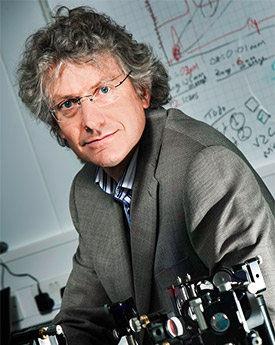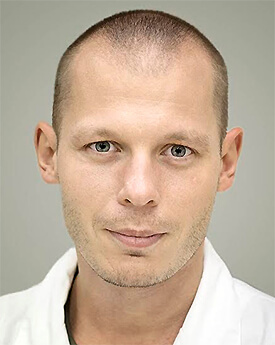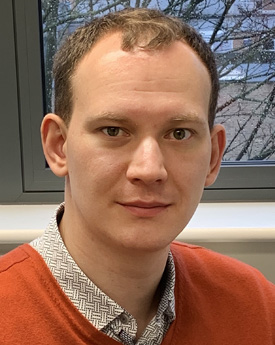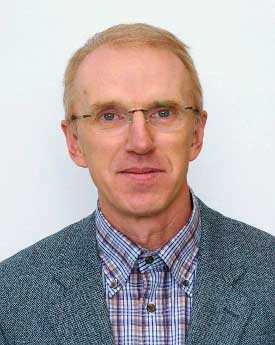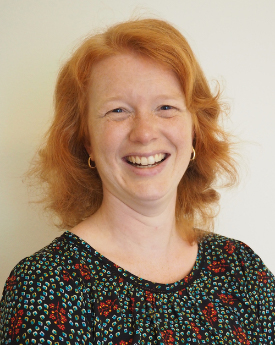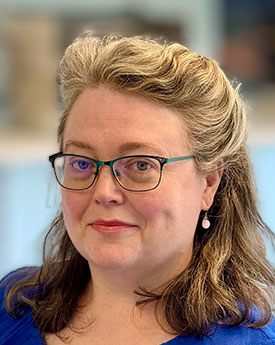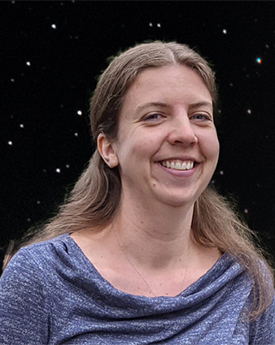Research Areas
Research projects leading to the award of a PhD are available in all areas of research spanned by our research groups.
These programmes of study allow you to focus on a specific area of physics under the supervision of academic staff with international reputations in their discipline, whilst taking lectures and undergoing appropriate skills and research training provided by the Department and Faculty.
Research with the Department of Physics is organised into four divisions, each with two or three more specialist research groups. The divisions and research groups are:
| Astrophysics | Particle and Accelerator Physics | Experimental Condensed Matter | Theory |
| Observational Astrophysics | Experimental Particle Physics | Low Temperature Physics | Condensed Matter Theory |
| Theoretical Particle Cosmology | Accelerator Physics | Quantum Nanotechnology | Mathematical Physics |
| Space and Planetary Physics | Non-linear and Biomedical Physics | Theory of Molecular-Scale Transport |
Each research group is led by permanent academic staff whose research is supported by postdoctoral researchers and technical staff. During your PhD, you will become an integral part of these teams and will benefit from the intellectual environment provided by your research group and division. You will also be allocated a supervisory team who will support you through your studies.

















